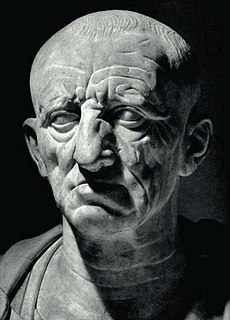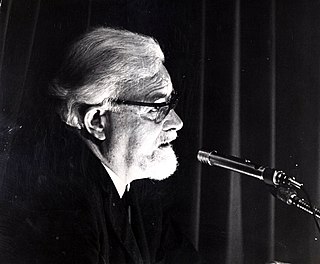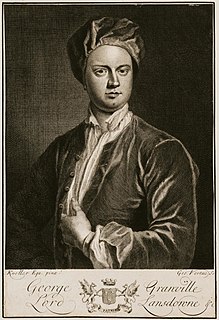A Quote by Thomas Otway
Greatness, thou gaudy torment of out souls,
The wise man's fetter, and the rage of fools.
Related Quotes
The wise say that it is not an iron, wooden or fiber fetter which is a strong one, but the besotted hankering after trinkets, children and wives, that, say the wise, is the strong fetter. It drags one down, and loose as it feels, it is hard to break. Breaking this fetter, people renounce the world, free from longing and abandoning sensuality.
We find that at present the human race is divided politically into one wise man, nine knaves, and ninety fools out of every hundred. That is, by an optimistic observer. The nine knaves assemble themselves under the banner of the most knavish among them, and become politicians; the wise man stands out, because he knows himself to be hopelessly out-numbered, and devotes himself to poetry, mathematics or philosophy; while the ninety fools plod off behind the banners of the nine villains, according to fancy, into the labyrinths of chicanery, malice and warfare.
O eloquent, just, and mighty Death! whom none could advise, thou hast persuaded; what none hath dared, thou hast done; and whom all the world hath flattered, thou only hath cast out of the world and despised. Thou hast drawn together all the far-stretched greatness, all the pride, cruelty, and ambition of man, and covered it all over with these two narrow words, Hic jacet!
It is ignorance that is at times incomprehensible to the wise; for instance, he may not see 'the positive person' or 'the negative person' in a black and white way as many people do. A wise man may not understand it because, as a catalyst of wisdom, but not wise in his own eyes, even he can learn from and give back to fools. To think that an individual has absolutely nothing to offer to the table is counter-intuitively what the wise man considers to be 'the ignorance of hopelessness'.


































